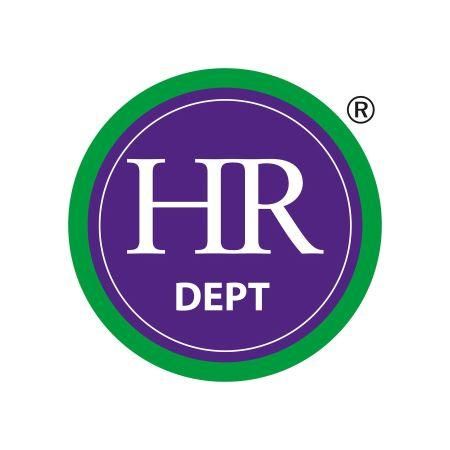Tips on performance management at key times of the employee lifecycle
The classic view of performance management is the annual appraisal. That sit-down 121 between manager and employee where you review the past year and set goals for the following 12 months.
However, there has been a trend away from this, with research showing that a more continual approach to performance management is a better way of doing things. This approach brings benefits of making it perceived less as a box ticking exercise and also allowing for faster intervention when there is an issue. You could try monthly or quarterly meetings, depending on which is a better fit with your business.
SMEs often don’t have the infrastructure and resources of larger employers to manage performance. But their secret weapon could be the personal touch they can apply throughout employment. So how can you take advantage of this and instil effective performance management in your business?
Read on to get our top tips, and also check out our podcast on this issue.
Set every employee up for success
With it being so costly to recruit, you want to minimise the chances of a new hire getting to the end of their probation period and you thinking they are not up to the job. Particularly with the forthcoming introduction of a day one right for an employee to claim unfair dismissal.
We would advise knowing by the time you have finished interviewing them where their strengths and weaknesses lie, so that on day one you can set and agree objectives during their probation. This means they know where they stand, and you can put the right support and structure in place for success.
Remember that trend of continuous performance management? This should apply during probation so that issues can be addressed sooner rather than waiting until one make-or-break meeting at the end.
Ongoing performance management
How do you feel about your current approach to performance management? Employers can fall into the trap of only talking about performance when there is an issue. In order to create a positive culture though, it is important to tell people when they are doing well too; celebrate the successes!
If employees are left second-guessing whether they are performing well, they may lose confidence and even look for a new job.
On that note, work towards fostering an environment where they feel comfortable asking you (or a colleague) for advice if they want to improve. This can also help problems get remedied before they develop further.
Another trap is making performance management one way with you just tell, tell telling them what you think. It is a two-way process so make sure you listen too.
All the above points are especially the case when an employee is a remote worker.
When there is a specific performance issue…
When you feel there is a performance issue which needs to be addressed, start by pulling together evidence so you can have an informed discussion, and think about the support you could offer.
Support could take many forms, and may not be internal. As an SME owner you are busy and don’t have all the answers. Think:
- Occupational health
- Software (say an aid if they have dyslexia)
- The support given via an employee assistance plan (EAP) (for instance if coping with bereavement is the underlying issue)
- A mentor or buddy
- A new process of workflow
- Flexible working
Talk to them and find out their views. Do they feel there is a specific problem which is holding them back? An open conversation like this, with an agreed way forward and relevant support, may get them firing on all cylinders without the need for a formal process.
Performance improvement plans
Of course, sometimes there will be a persistent performance issue, and in these cases you will need to implement a more formal process. This is called a performance improvement plan. Refer to your policies to handle this correctly, including when you give formal capability or disciplinary warnings.
A performance improvement plan will vary from one company or situation to another, but some common features will include allowing for a fair timeframe for improvement, setting SMART goals, and giving them a right of appeal at every stage (and a right to be accompanied to capability/disciplinary meetings).
While in theory this process can end in dismissal, it is often the case that the employee will either improve to the requisite standard, or realise themselves that the job is not for them and leave of their own accord.
Help from The HR Dept
This is not an easy area of running a business to get right. From letting problems fester to forgetting to celebrate success; and then of course the more formal processes. We are here to help though, so if you have a concern or issue, please get in touch.






















